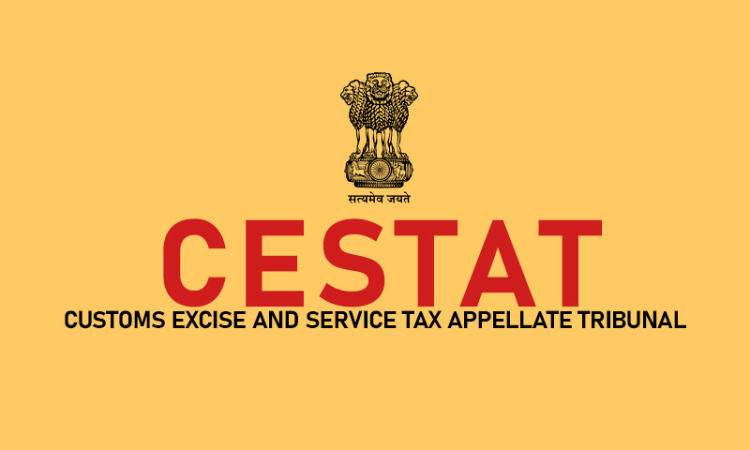The Delhi Bench of Customs, Excise, and Service Tax Appellate Tribunal (CESTAT) has held that statements recorded under Section 108 of the Customs Act, 1962, are admissible before a court of law.The bench of Binu Tamta (Judicial Member) and P.V. Subba Rao (Judicial Member) has observed that the Customs Broker, in his statement recorded under Section 108, accepted that he has not verified...

